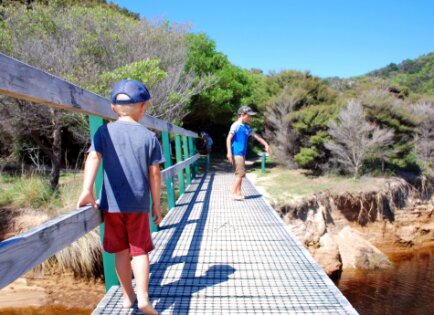Once cancer treatment has finished, your child or young person will keep going to clinics. These will be at one of the following:
- The centre where your child had their treatment.
- Your local shared care centre.
Transferring into long-term follow-up care after childhood cancer
About 2 to 5 years after cancer treatment has finished, your child or young person will transfer into long-term follow-up care. This is often called the Late Effects Assessment Programme (LEAP). This clinic has more focus on long-term problems that may be the result of the disease or treatment. These problems are often called ‘late effects’.
Long-term follow-up is different for everyone who has had cancer, or an illness that needed cancer-like treatment. It will depend on the type of cancer/illness and the treatment your child had. By going to clinic, the healthcare team can check for any late effects that your child may be at risk of developing. The healthcare team can either prevent or manage any problems that do occur.
It's important to remember that many young people don't develop any long-term problems.






